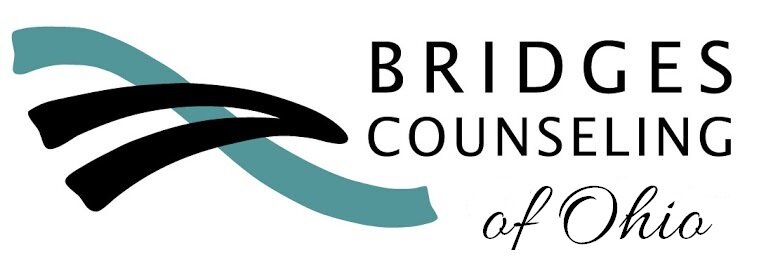The Parenthood Dance
When children are young, it’s easy to know who the “boss” is. The parent(s). They’re the adults. They’re in charge ofmaking the decisions, the schedule, meal choices, preschool and daycareselections, playdates, driving arrangements, ensuring assignments are done,etc. This dynamic is fairly well understood and respected by both child andparents and continues relatively smoothly until WHAM, the tween and teen yearshit. And somehow, many tend to forget who is in charge and why that role wasimportant and the parenthood dance begins.
The issue with the dance? There cannot be two leaders. Only one can lead the dance and the othercan add to it but not push for their own direction. Otherwise the dance fallsapart.
Tweens and teens push for control. It’s natural. Evenhealthy. But they don’t deserve full control. When children are younger parents easily remember that they are in chargeof making decisions that keep their children safe, healthy, productive and onthe track to successful adulthood. Thisis still the objective when children turn into tweens/teens. They need their parents then, often in waysthey didn’t prior, to ensure they reach successful adulthood. When a parent treats a child as an equal ithurts the relationship in a way that causes both parties frustration, confusionand possible harm.
When children are treated as equals they expect their voteand desires within the family to carry the same weight as the parents (i.e.their activities, curfews, household responsibilities, etc. are what they deemto be appropriate and just. They will fight for these “rights” as the respectfor parents as an authority is lost when the child and parent are equals.) When children believe they are equals they donot have a concern about any consequences for safety and legal decisions (i.e.the parents who host alcohol and drug parties at their home as to “protect”their child from experiencing them elsewhere vs. getting drunk or high in the “safety”of their own home. Parents need to beable to enforce that such activities are not permitted, safe or allowed – not encourageit as an equal.)
Children who believe themselves to be equals tend to fighttheir parents more, negotiate for more freedom and often just take it as there isnot a respect for parental authority (or even the existence of such.) Thiscreates a role confusion for the child and a frustration for the parents as thechild has lost the understanding of the role hierarchy. When this hierarchy becomes a level playingfield, parents are unable to enforce guidelines, boundaries, expectations,household policies and safety.
Not treating children as equals also requires parents to not expect equal behavior from them. Children are children and even teen children are not capable of acting, understanding and behaving as adults. Their moods will swing quicker. They won't clean their rooms or home just as an adult would. They won't speak as adults will or treat peers as the adult world requires. Parents also need to keep their own actions in mind and realize that over sharing or letting a child see the adult world fully is confusion for the child. Their communication, actions, comprehension behavior and expectations will not be equal to what an adult would be- further reason to not expect equal treatment.
Children are not our equals. They have not earned (or have the maturity for) the same rights ortreatment as adults. This is not to say that their feelings and desires are notworthy of respect or validation. Healthy discussion and communication onboundaries and expectations is critical within the parenting process. Being in control does not mean hoardingpower; it means treating children with respect, love, guidance, boundaries andthe wisdom of knowing what’s best for them. And this can only be done whenparents are not equal with their children.
